The joint project will develop two full-scale and operational unmanned combat aircraft demonstrators by 2025.
Minister for Defence Procurement Harriett Baldwin and her French counterpart Laurent Collet-Billon signed an agreement to enable the next phase of the UCAS programme to begin.
According to a press release:
“This means that the three UK and three French companies (BAES, Dassault Aviation, Rolls Royce, Safran, Leonardo and Thales) who have worked hard to deliver the feasibility phase of the ambitious UCAS programme over the last two years will be able to further develop the programme in preparation for the full €2B (c.£1.5Bn) demonstrator programme. This phase will begin in late 2017.
The Demonstration Programme will develop two full-scale versatile and world-class UCAS operational demonstrators by 2025. These demonstrators will be used for operational test and evaluation work over the following 5-10 years and could serve as the basis for a future operational capability beyond 2030.
Building on commitments made in the Lancaster House Treaty, the UK and France will also work together to examine the future combat air environment, including innovative approaches to the integration of manned and unmanned systems.”
Minister for Defence Procurement, Harriett Baldwin said:
This innovative project further strengthens the UK-French defence relationship and supports innovative research on both sides of the Channel.
In an uncertain world, working with international partners and allies is more important than ever and I am delighted that our teams, working with British and French industry partners, are making good progress on these ambitious bilateral programmes.”
Nigel Whitehead, group managing director, BAE Systems said:
“We welcome the announcements by the UK and French governments today which will enable the next phase of the joint Unmanned Combat Air System programme to begin. “This important work not only contributes to the sovereign capability and national security of both nations but helps to sustain the unique engineering skills-base required to develop the next generation of aircraft.”
The government said in 2015 that:
“A UCAS capability would, by the 2030’s, be able to undertake sustained surveillance, mark targets, gather intelligence, deter adversaries and carry out strikes in hostile territories.”



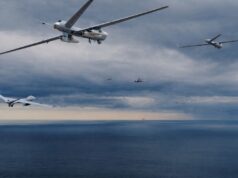
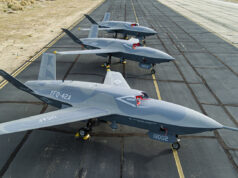
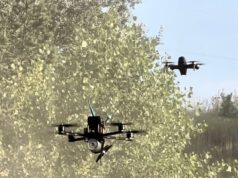
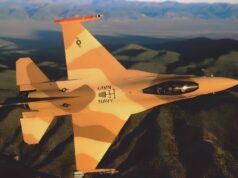

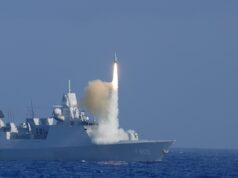



I would hope for their sake that the prototypes don’t end up hitting a tree like in the CGI photo unless it’s trying to manage our expectations?
Is this the 2nd or 3rd joint UAV project the respective governments will spend some money on but not really be serious about?
We already developed Taranis? Why hand it all over to the French when we are perfectly capable of developing such an aircraft ourselves?
Joys of Brexit still need to show we care about our so called European partners just as they sniff around our service sector like vultures.